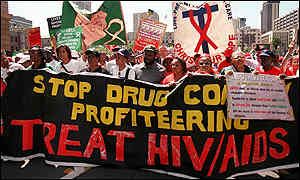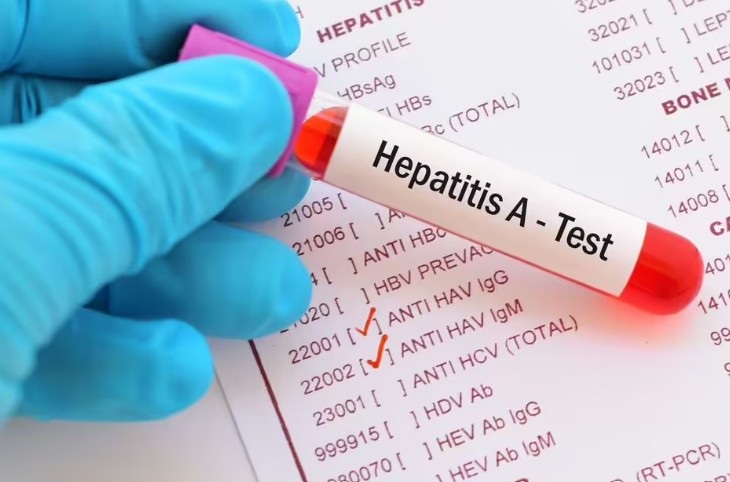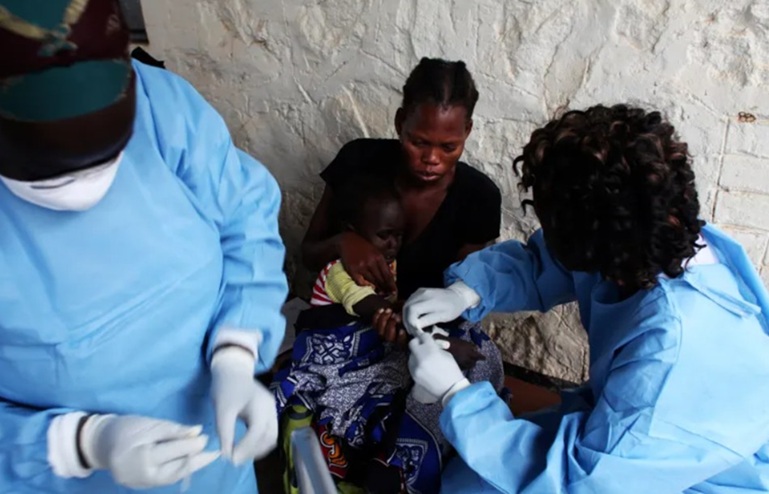In the heart of Rio de Janeiro, where the rhythms of samba once danced in harmony with a groundbreaking movement to provide affordable HIV treatment, a new struggle has emerged. Veriano Terto Jr., vice president of the Brazilian Interdisciplinary AIDS Association, recalls the days when Brazilian generics were the lifeline that kept him and many others alive. Now, however, the tides have turned, and the pursuit of profit by pharmaceutical companies threatens to drown the progress made in the fight against AIDS.
In the late ’90s, Brazil led a global charge to make HIV treatment accessible to all. The nation produced and imported lower-cost generic drugs, distributing them for free through its national health-care system. The impact was profound—death rates from AIDS halved, and hospitalizations plummeted by 70% between 1996 and 2002. Brazil stood as a beacon of hope, a model for other nations grappling with the epidemic.
Fast forward to the present, and the landscape has shifted. Newer, more effective drugs have emerged, but their exorbitant prices have created a barrier to access in Brazil and other middle-income countries. Generic drug manufacturers, unable to secure licenses, find themselves unable to provide more affordable alternatives to patented drugs. The pharmaceutical giants fiercely guard their intellectual property, leaving those in need at the mercy of escalating costs.
Matthew Kavanagh, a global health policy researcher, observes a decline in attention to HIV in the early 2000s, marking a turning point. Once, new HIV drugs quickly obtained licenses for generic versions, expanding accessibility. However, as attention waned, prices soared, and the momentum stalled.
Amy Maxmen, reporting in Businessweek, sheds light on the plight of countries like Brazil and Colombia, which have lost access to affordable generic HIV drugs just as infection rates are on the rise. In Brazil, nearly two-thirds of the HIV budget is consumed by the purchase of medicine, leaving little for prevention programs, testing initiatives, and ensuring that those with HIV stay on treatment.
The cost disparity is glaring. In Brazil, the crucial HIV drug, dolutegravir, is priced at over seven times that of generics available in Africa. This financial strain is exacerbated by the fact that middle-income countries like Brazil receive significantly less aid for medicine purchases compared to low-income nations.
In neighboring Colombia, the situation reached a tipping point. Faced with the exorbitant per-patient cost of dolutegravir—$1,100 a year, compared to $45 in some African nations—the government moved to override ViiV Healthcare’s patent with a compulsory license. It was a bold move, challenging the status quo and placing the health of its citizens above corporate profits.
UNAIDS Executive Director Winnie Byanyima voices the urgency of addressing the flawed system of technology sharing, emphasizing that progress in middle-income countries is hampered by a lack of equitable access. The battle for affordable HIV drugs is not just a fight against a virus; it’s a fight for justice, for the right to health for all, regardless of economic standing.
As the rhythms of samba echo through the streets of Rio, a new chorus emerges—a call for solidarity, for a reimagined system where access to life-saving medicines transcends borders and economic brackets. The story unfolds in the push for a future where the prescription for justice is written in affordable HIV drugs for every person in need.
(Source: Cristina Lindblad | Bloomberg)









